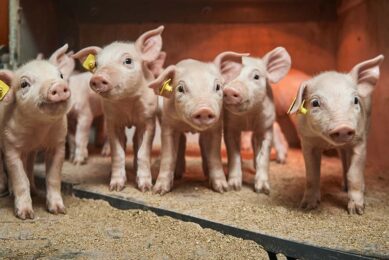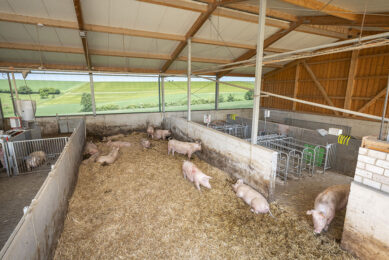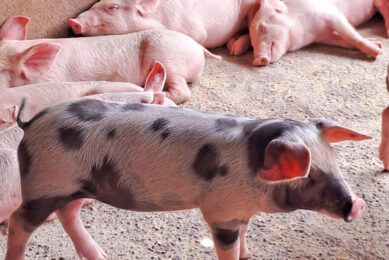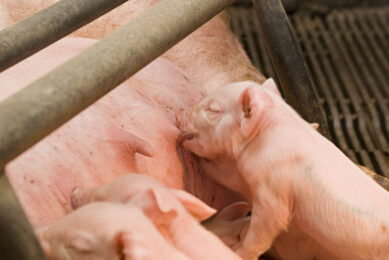Podcast: Hidden data and genetic actuality

In this 50th episode of the Real P3 podcast, Dr Casey Bradley spoke to Stephen Hall and together they discuss genetics and the value of apply economics to data.
The Real P3 podcast series is an initiative where pork professionals from around the globe share their thoughts, insights, and solutions to their day-to-day challenges in the pig farming and production industry.
Hall left school at the age of 16 to work on a farm. He attended farming school for a year and continued to work on farms until he was almost 40. He worked with the pigs and loved it from the get-go. He moved into the corporate space and gained vast experience working for breeding companies, including PIC where his skills and passions were recognised early on and he was assigned to manage boar production in the UK. He has also spent time at the Danish company, Agrisoft, which produces pig recording software.
Most recently, to explore the hidden value in data, he ventured out on his own and developed Gilt Watch Together which looks at life cycle analysis and is based on cohorts of breeding animals that are followed through from start to finish – from the first gilt coming in to the last sow being culled within that cohort. The cohort’s performance is then evaluated.
Applying economics to data
There is no shortage of data, noted Hall, but highlighted that we need to apply the economics to the data “If you can’t put the economics to that then you’re not telling the producer very much at all, really, and not helping them in their business.”
He also spoke about the importance of the industry and pig producers doing a better job of controlling the narrative around the perception of how pork is produced, and how husbandry, which he says is best performed by those that have a vocational aptitude and instinct, has slipped onto the back burner in terms of what is important on-farm.
Better pay and continued education
He highlighted how producers earn the least amount of what is earned throughout the food delivery chain and that better pay and continuing education are critical to the long-term success of the industry.
The success of a pig business relies on a team, said Hall, adding that the team extends from those on the farm to every function and facility that applies to the farm business, including a vet, a nutritionist, a supply genetics company, and someone who can organise and present the data, etc.
 Beheer
Beheer








 WP Admin
WP Admin  Bewerk bericht
Bewerk bericht